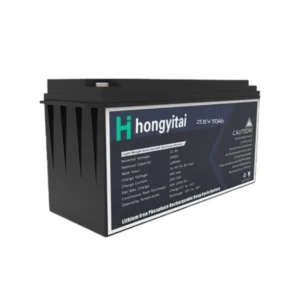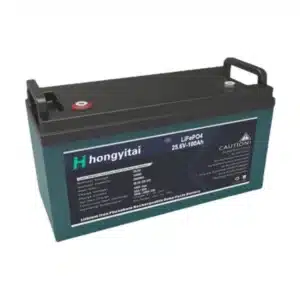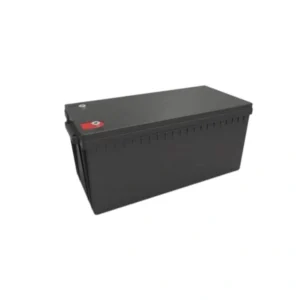Lawn mower battery
Lawn mower batteries provide the power necessary for lawn mowing operations. Common voltage ratings for these batteries are 12V and 6V. Among the various battery types available, lead-acid and lithium-ion batteries are the most widely used in lawn mowers.
Lawn mower batteries typically have a smaller capacity, ranging from 2Ah to 50Ah. The required starting current is usually between 3C to 10C.
As a leading Chinese manufacturer of lithium-ion batteries, we specialize in providing high-performance batteries for lawn mowers. Our products are designed to meet the specific demands of lawn mowing applications. We can assist you in evaluating your entire system and product requirements.
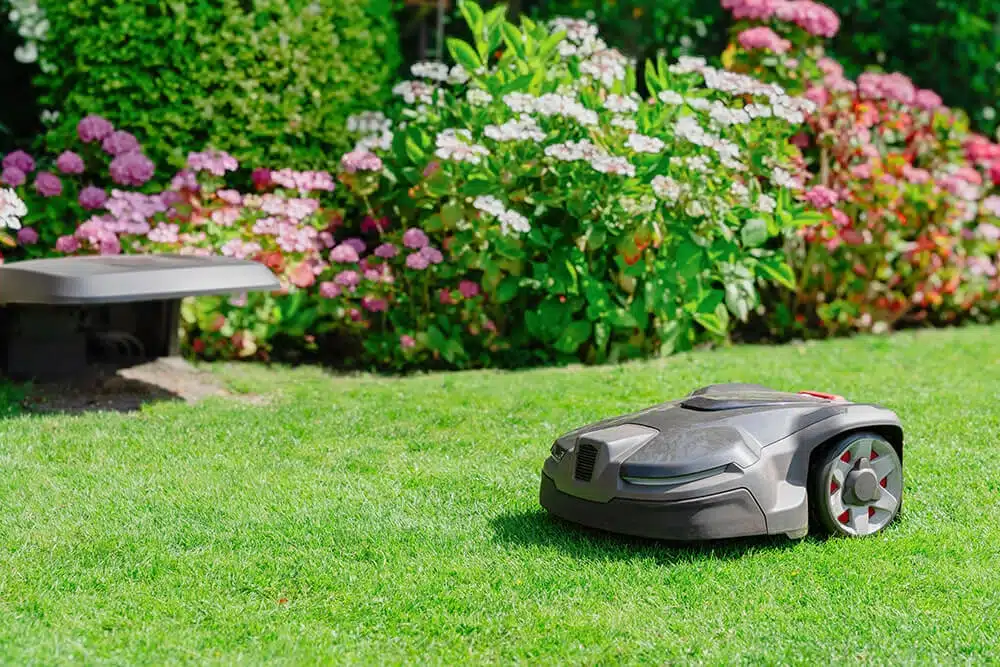
Environmentally friendly
As there's no gasoline involved, there are no harmful exhaust gases or emissions, making it a more.
Low maintenance
Unlike gasoline-powered mowers, there's no need to replace spark plugs, oil filters, or other parts.
Easy and quiet operation
Battery-powered mowers typically start with the press of a button, eliminating the need to pull a starter cord.
Lightweight
Battery-powered mowers are generally lighter than their gasoline counterparts, making them easier to handle and maneuver.
best lawn mower batteries product
Top lawn mower brands such as Ryobi, Craftsman, Ego, Greenworks, and Worx primarily utilize 12V lithium-ion batteries, with some models offering up to 40V.
Our company specializes in manufacturing 12V lithium iron phosphate (LFP) batteries, as well as 12V 18650 battery packs. Additionally, we offer customized battery solutions to meet the specific requirements of various lawn mower models. Feel free to contact us for inquiries.
- 12 Volt lawn mower battery
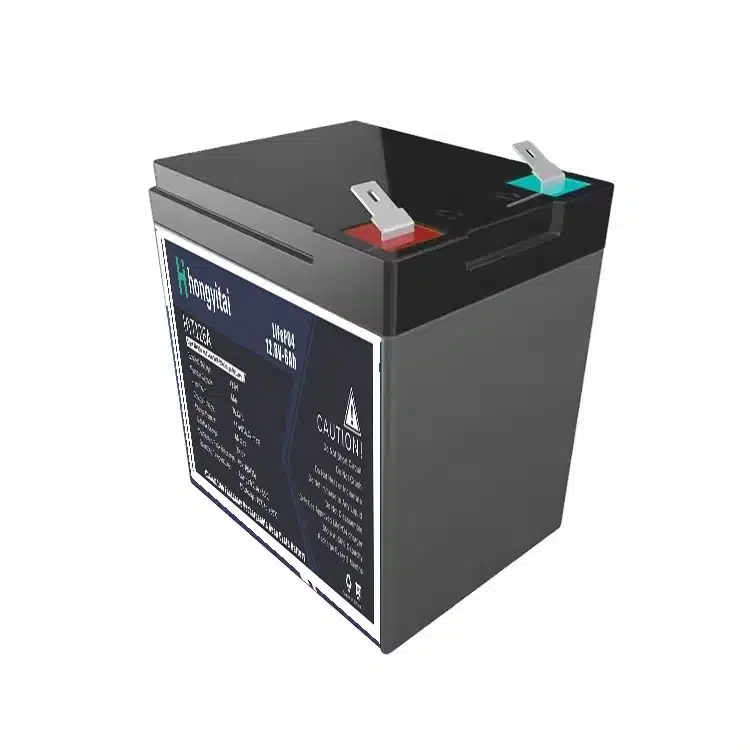
12.8V 6Ah LiFePo4 Battery
Nominal voltage: 12.8V
Nominal capacity: 6Ah
Rated energy: 76.8Wh
Recommend charge current: ≤3A
Peak discharge current: 20A
Internal resistance: ≤50mΩ
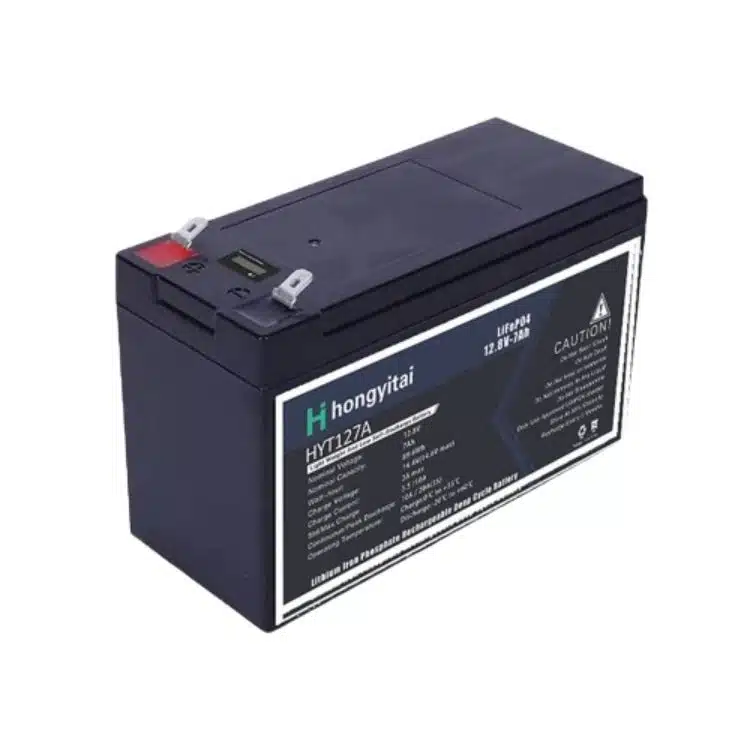
12.8V 7Ah LiFePo4 Battery
Nominal voltage: 12.8V
Nominal capacity: 7Ah
Rated energy: 89.6Wh
Recommend charge current: ≤3.5A
Peak discharge current: 20A
Internal resistance: ≤40mΩ
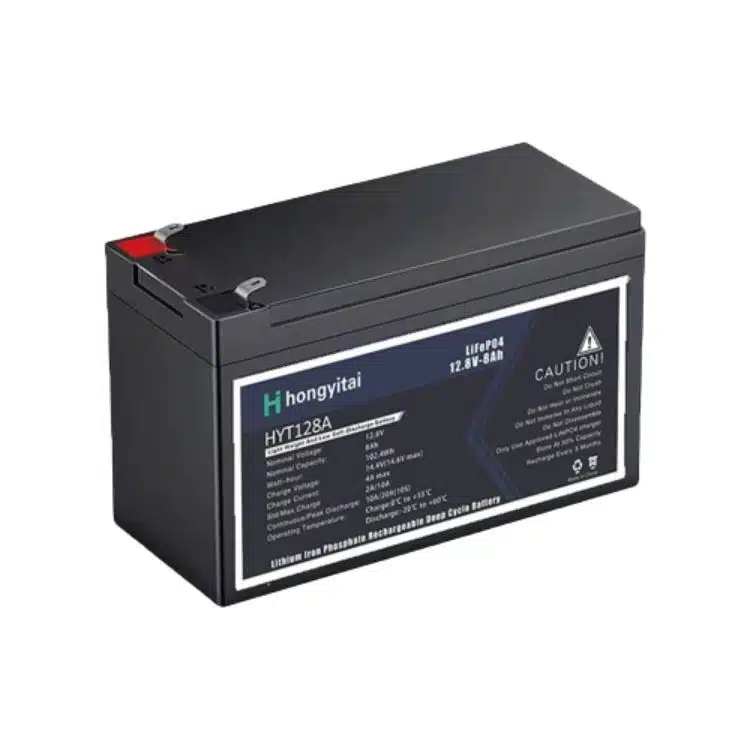
12.8V 8Ah LiFePo4 Battery
Nominal voltage: 12.8V
Nominal capacity: 8Ah
Rated energy: 102.4Wh
Recommend charge current: ≤4A
Max charge current: 20A
Internal resistance: ≤40mΩ
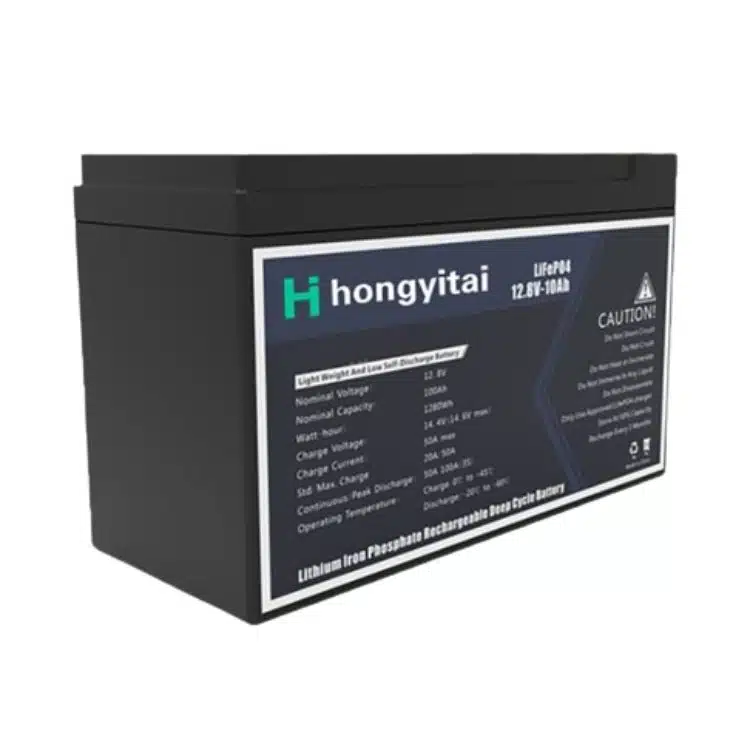
12.8V 10Ah LiFePo4 Battery
Nominal voltage: 12.8V
Nominal capacity: 10Ah
Rated energy: 128Wh
Recommend charge current: ≤4A
Max charge current: 20A
Internal resistance: ≤40mΩ
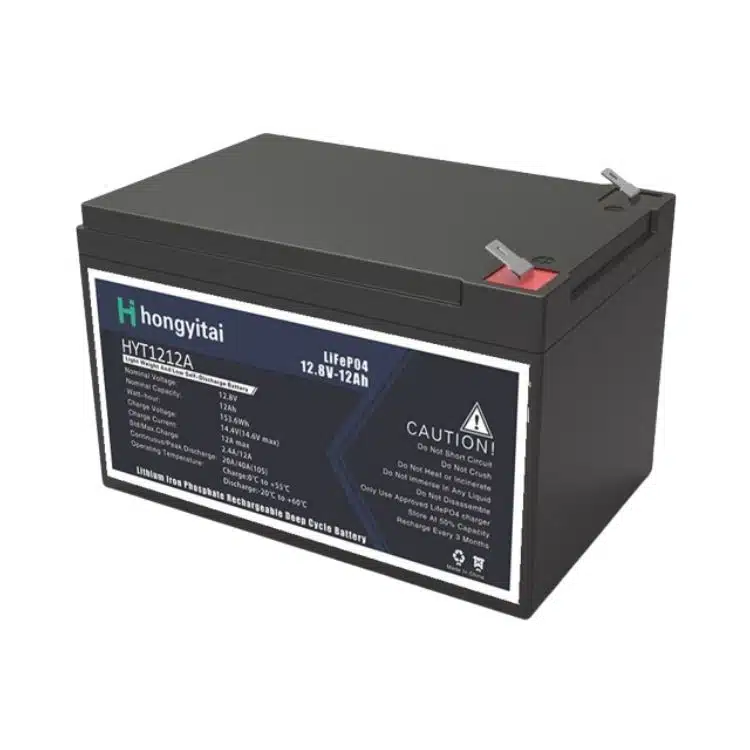
12.8V 12Ah LiFePo4 Battery
Nominal voltage: 12.8V
Nominal capacity: 12Ah
Rated energy: 153.6Wh
Recommend charge current: ≤6A
Max charge current: 40A
Internal resistance: ≤40mΩ
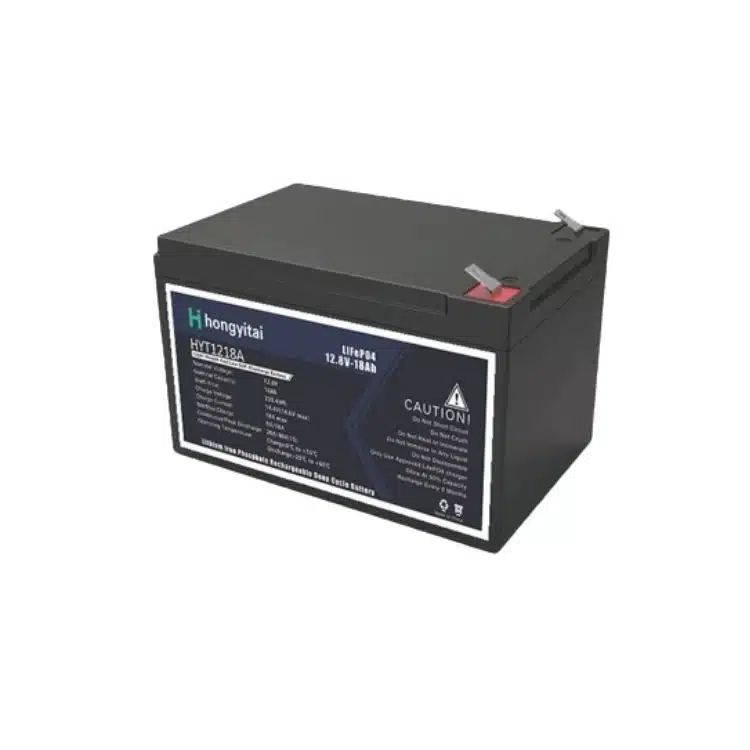
12.8V 18Ah LiFePo4 Battery
Nominal voltage: 12.8V
Nominal capacity: 18Ah
Rated energy: 230.4Wh
Recommend charge current: ≤9A
Peak discharge current: 40A
Internal resistance: ≤40mΩ
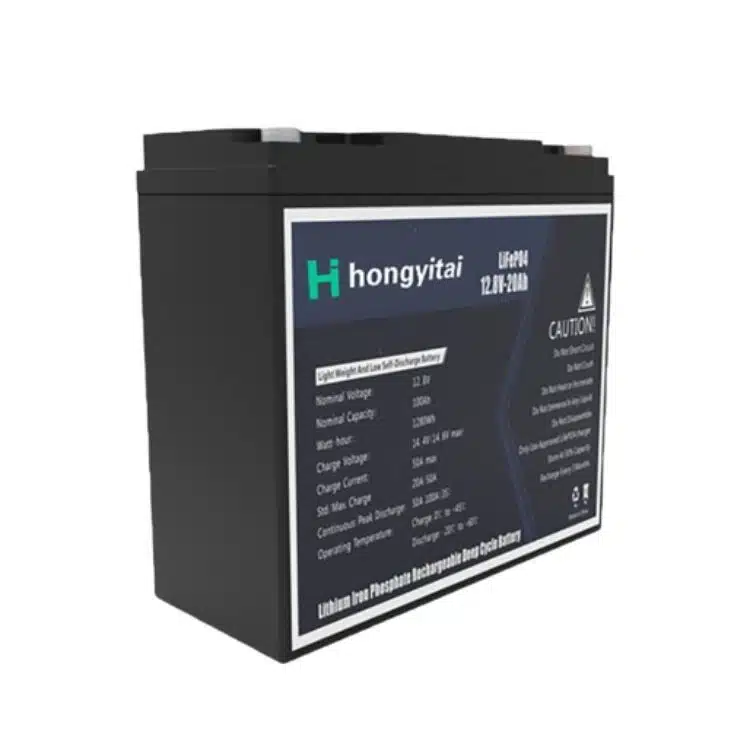
12.8V 20Ah LiFePo4 Battery
Nominal voltage: 12.8V
Nominal capacity: 20Ah
Rated energy: 256Wh
Recommend charge current: ≤10A
Peak discharge current: 60A
Internal resistance: ≤35mΩ
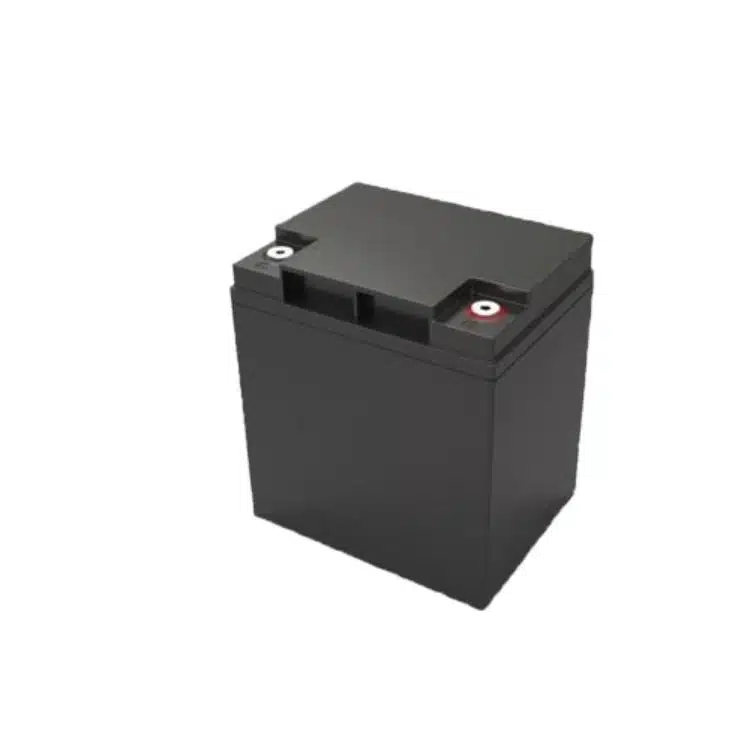
12.8V 30Ah LiFePo4 Battery
Nominal voltage: 12.8V
Nominal capacity: 30Ah
Rated energy: 384Wh
Recommend charge current: ≤15A
Peak discharge current: 60A
Internal resistance: ≤30mΩ
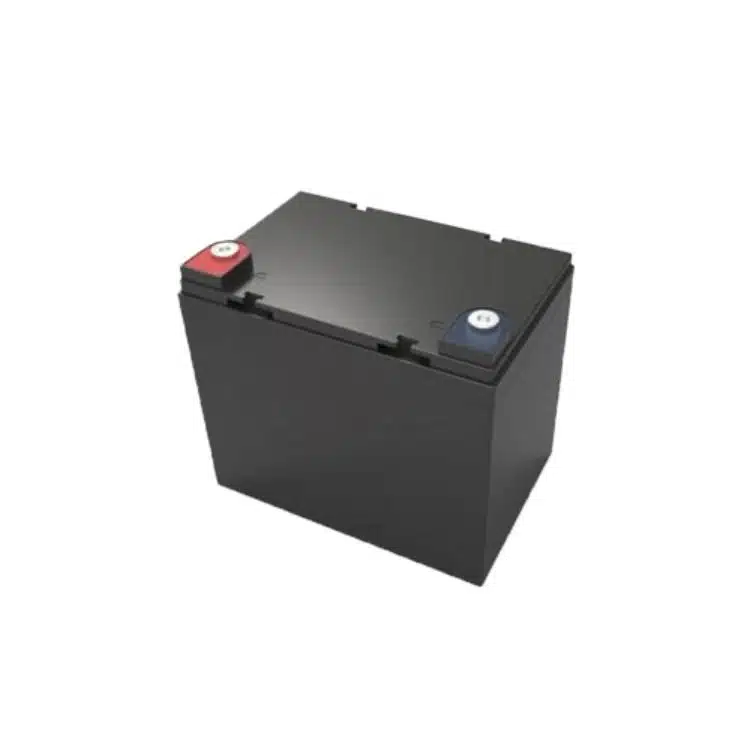
12.8V 35Ah LiFePo4 Battery
Nominal voltage: 12.8V
Nominal capacity: 35Ah
Rated energy: 460.8Wh
Recommend charge current: ≤18A
Max charge current: 80A
Internal resistance: ≤25mΩ
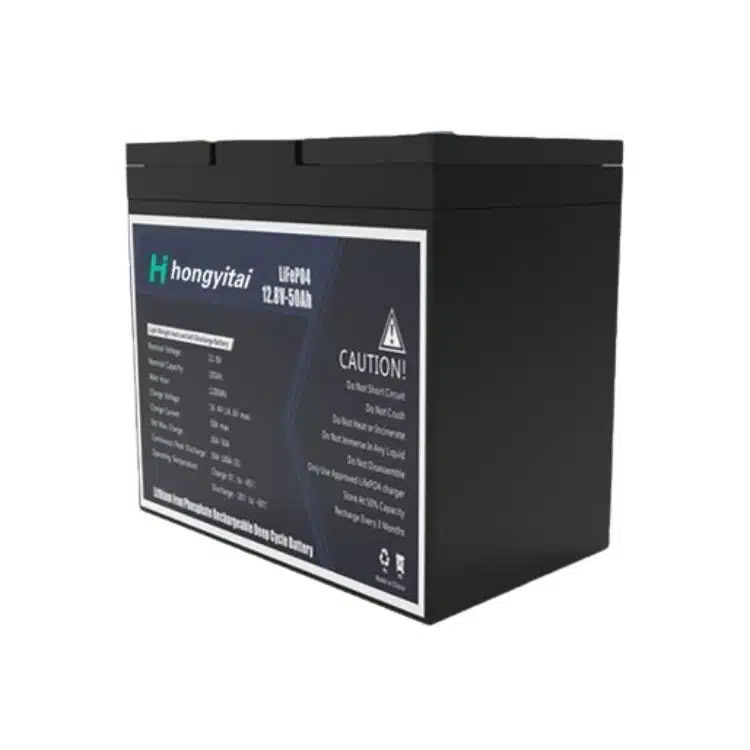
12.8V 50Ah LiFePo4 Battery
Nominal voltage: 12.8V
Nominal capacity: 50Ah
Rated energy: 640Wh
Recommend charge current: ≤25A
Max charge current: 100A
Internal resistance: ≤15mΩ
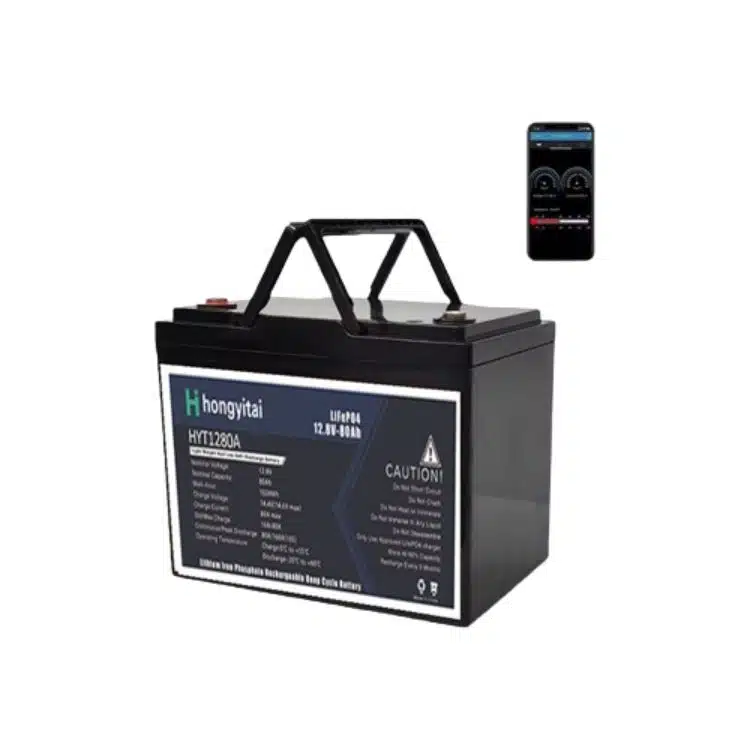
12.8V 80Ah LiFePo4 Battery
Nominal voltage: 12.8V
Nominal capacity: 80Ah
Rated energy: 1024Wh
Recommend charge current: ≤40A
Max charge current: 160A
Internal resistance: ≤12mΩ
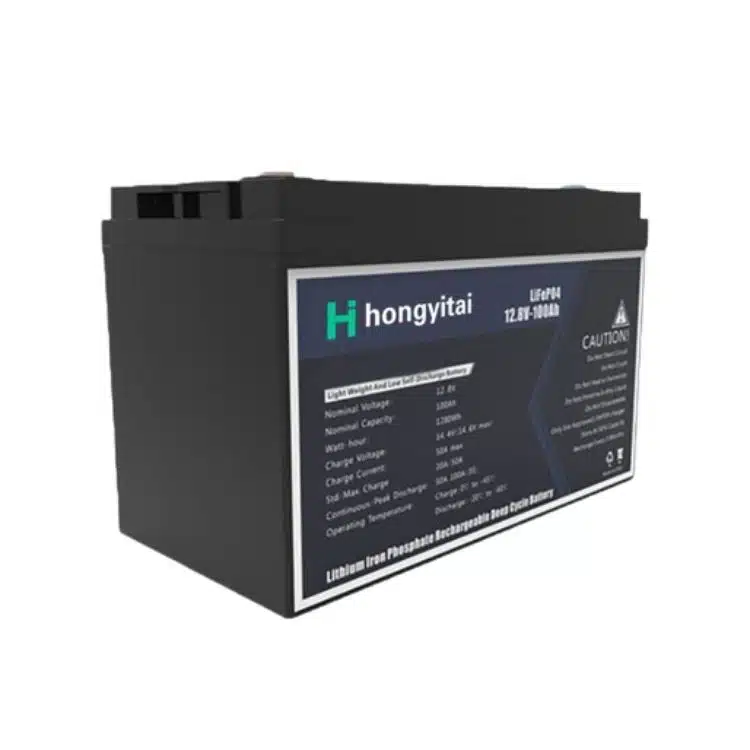
12.8V 100Ah LiFePo4 Battery
Nominal voltage: 12.8V
Nominal capacity: 100Ah
Rated energy: 1280Wh
Recommend charge current: ≤50A
Max charge current: 200A
Internal resistance: ≤10mΩ
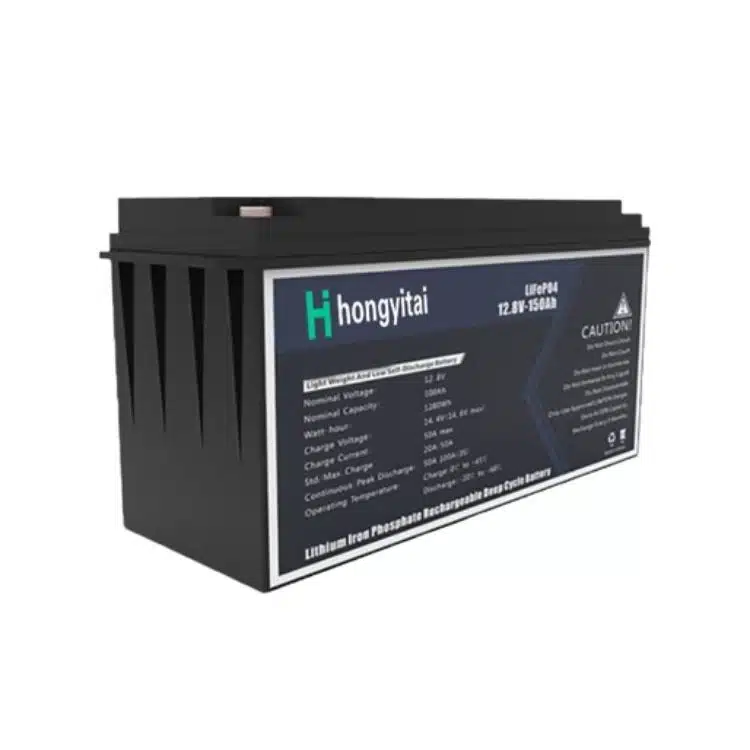
12.8V 150Ah LiFePo4 Battery
Nominal voltage: 12.8V
Nominal capacity: 150Ah
Rated energy: 1920Wh
Recommend charge current: ≤100A
Max charge current: 300A
Internal resistance: ≤10mΩ
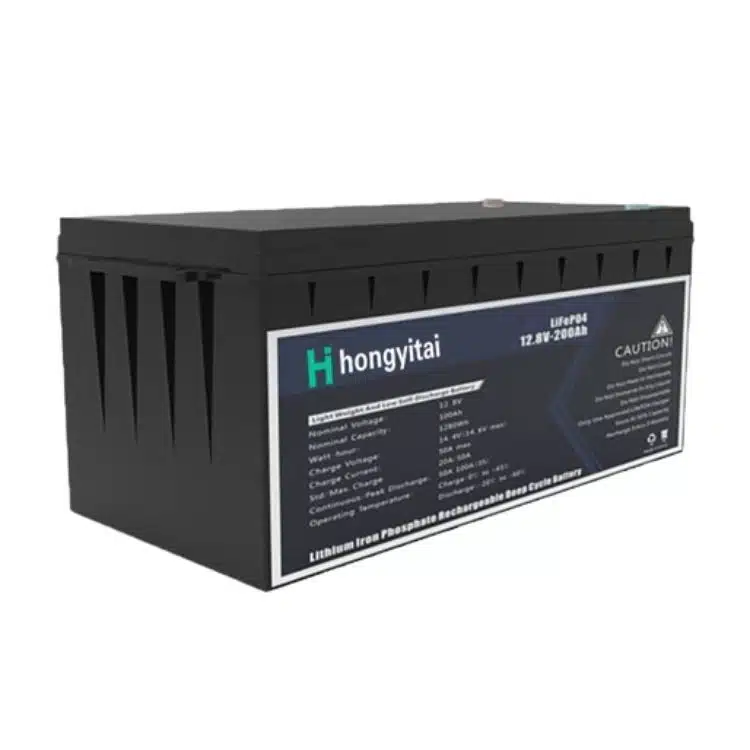
12.8V 200Ah LiFePo4 Battery
Nominal voltage: 12.8V
Nominal capacity: 200Ah
Rated energy: 2560Wh
Recommend charge current: ≤100A
Max charge current: 200A
Internal resistance: ≤10mΩ
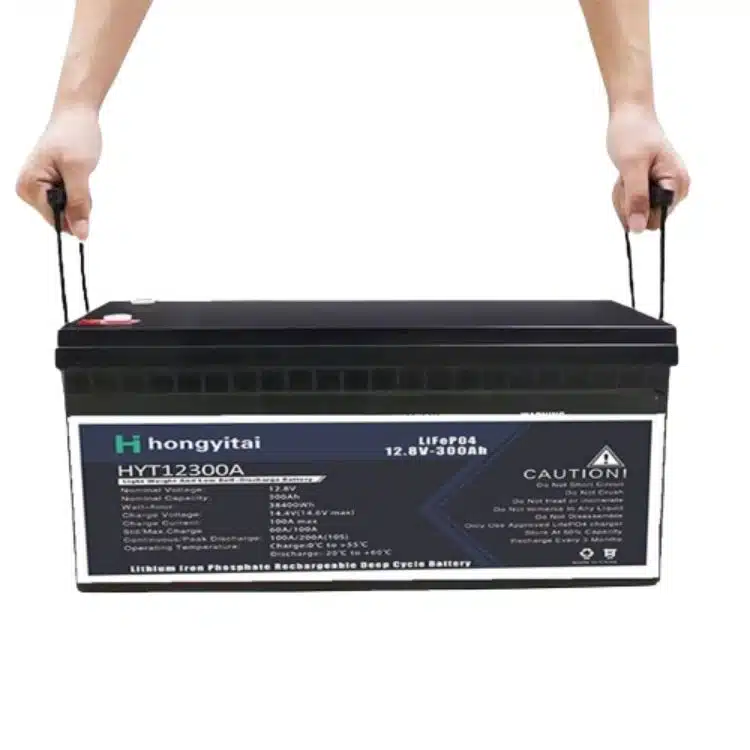
12.8V 300Ah LiFePo4 Battery
Nominal voltage: 12.8V
Nominal capacity: 300Ah
Rated energy: 3840Wh
Recommend charge current: ≤80A
Max charge current: 200A
Internal resistance: ≤10mΩ
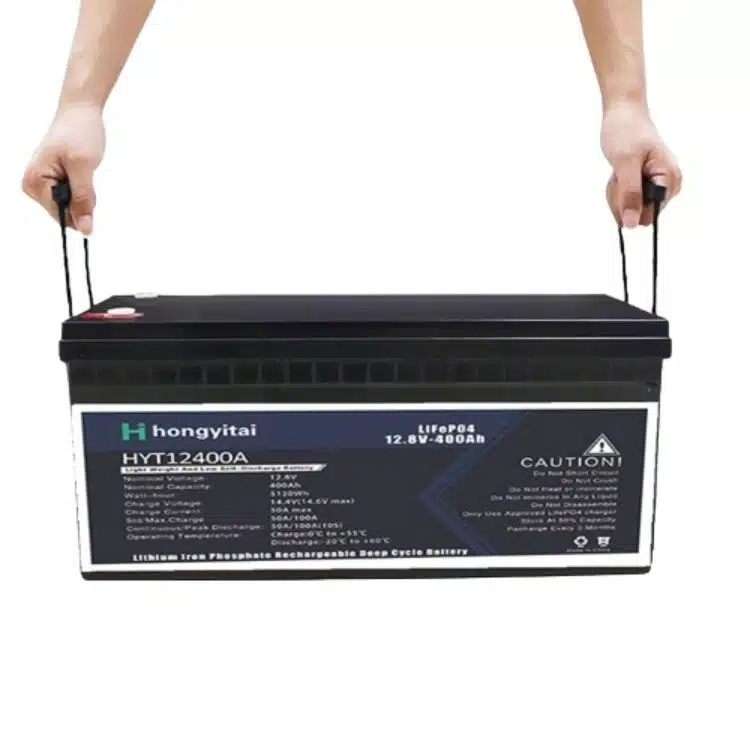
12.8V 400Ah LiFePo4 Battery
Nominal voltage: 12.8V
Nominal capacity: 400Ah
Rated energy: 5120Wh
Recommend charge current: ≤50A
Max charge current: 100A
Internal resistance: ≤12mΩ
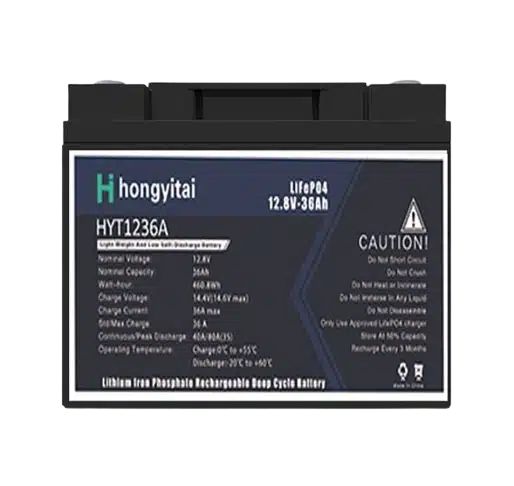
12.8V 36Ah LiFePo4 Battery
Nominal voltage: 12.8V
Nominal capacity: 36Ah
Rated energy: 460.8Wh
Recommend charge current: ≤18A
Max charge current: 36A
Internal resistance: ≤25mΩ
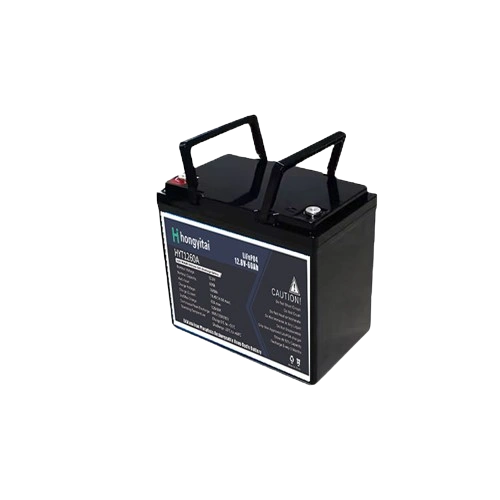
12.8V 60Ah LiFePo4 Battery
Nominal voltage: 12.8V
Nominal capacity: 60Ah
Rated energy: 768Wh
Recommend charge current: ≤30A
Max charge current: 60A
Internal resistance: ≤15mΩ
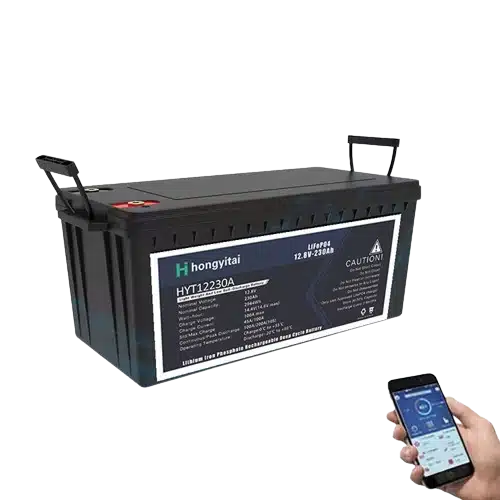
12.8V 230Ah LiFePo4 Battery
Nominal voltage: 12.8V
Nominal capacity: 230Ah
Rated energy: 2944Wh
Recommend charge current: ≤80A
Max charge current: 100A
Internal resistance: ≤10mΩ
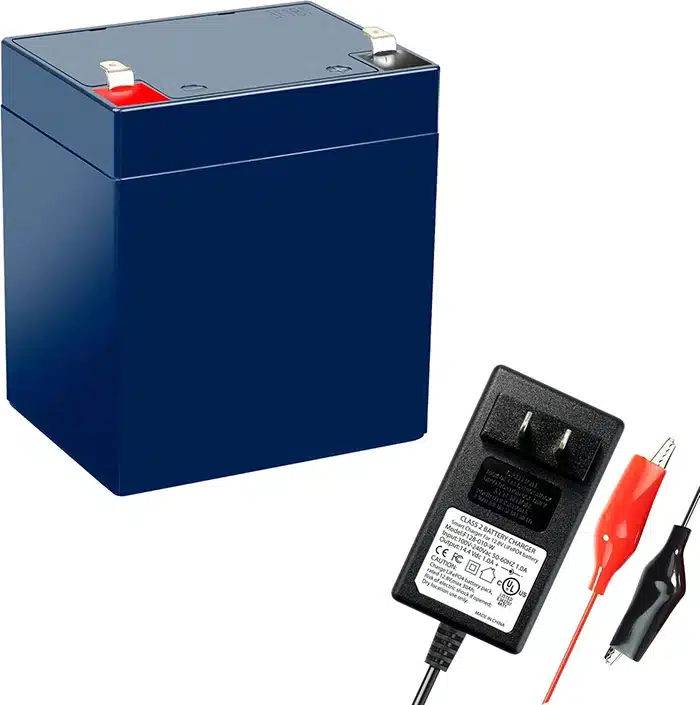
12.8V 5Ah LiFePo4 Battery
Nominal voltage: 12.8V
Nominal capacity: 5Ah
Rated energy: 64Wh
Recommend charge current: ≤2.5A
Max charge current: 5A
Internal resistance: ≤35mΩ
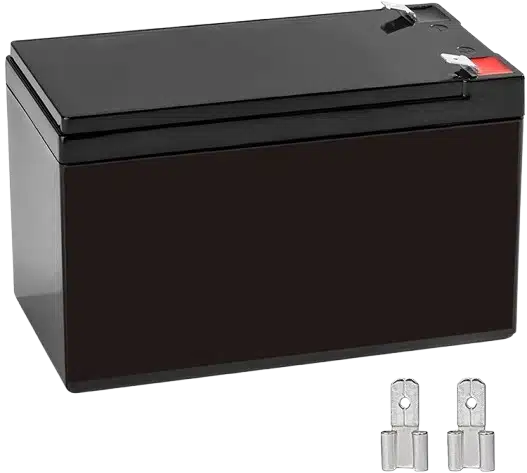
12.8V 9Ah LiFePo4 Battery
Nominal voltage: 12.8V
Nominal capacity: 9Ah
Rated energy: 115.2Wh
Recommend charge current: ≤4.5A
Max charge current: 9A
Internal resistance: ≤30mΩ
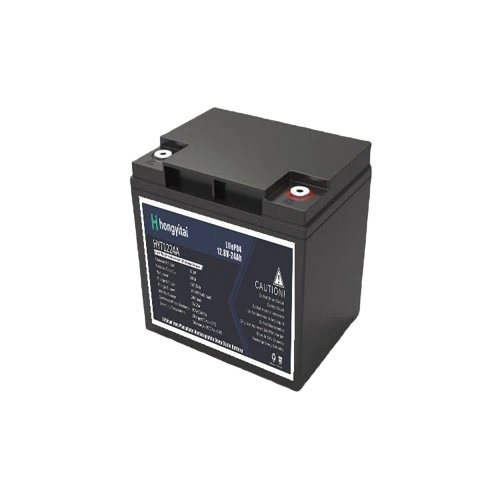
12.8V 24Ah LiFePo4 Battery
Nominal voltage: 12.8V
Nominal capacity: 24Ah
Rated energy: 307.2Wh
Recommend charge current: ≤12A
Max charge current: 24A
Internal resistance: ≤40mΩ
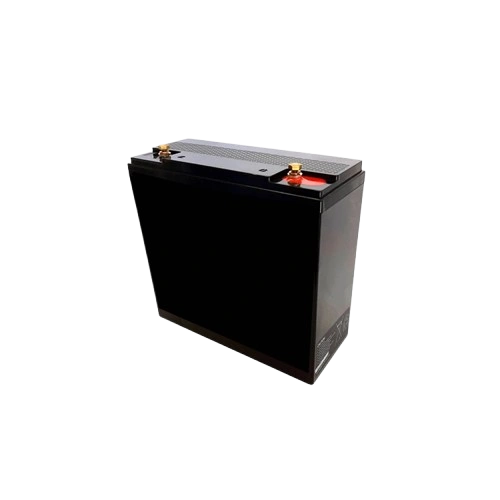
12.8V 25Ah LiFePo4 Battery
Nominal voltage: 12.8V
Nominal capacity: 25Ah
Rated energy: 300Wh
Recommend charge current: ≤15A
Max charge current: 30A
Internal resistance: ≤15mΩ
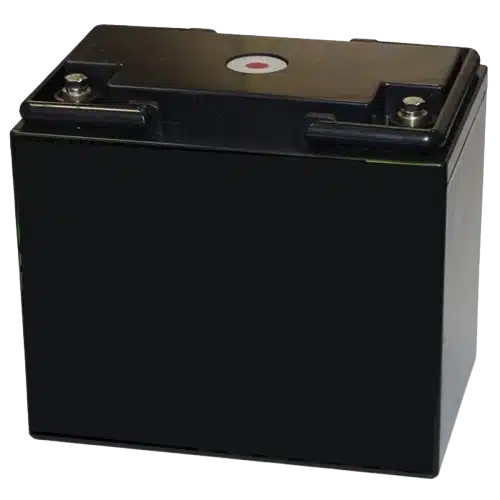
12.8V 40Ah LiFePo4 Battery
Nominal voltage: 12.8V
Nominal capacity: 40Ah
Rated energy: 512Wh
Recommend charge current: ≤20A
Max charge current: 40A
Internal resistance: ≤25mΩ
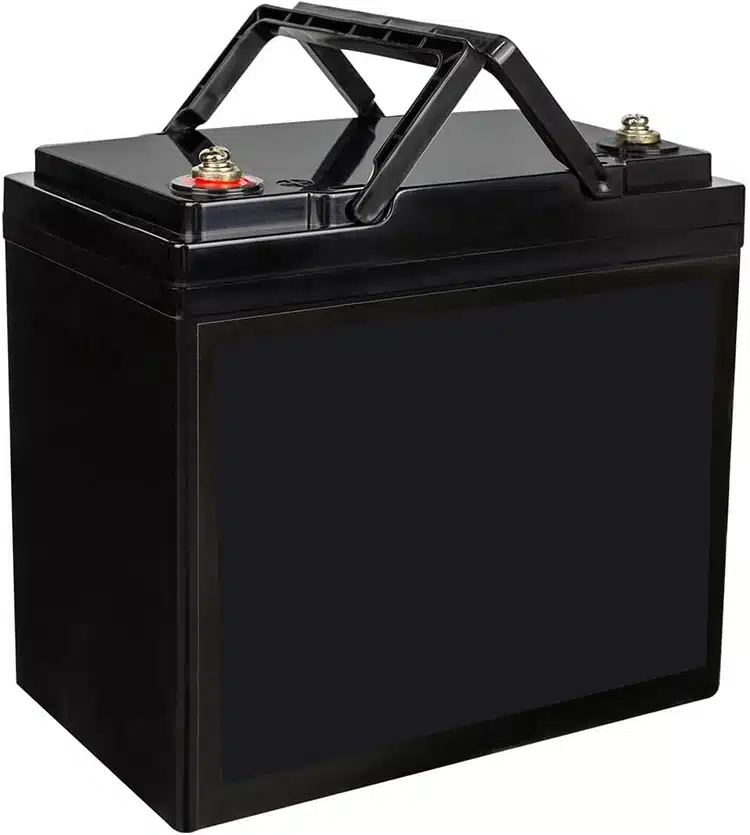
12.8V 75Ah LiFePo4 Battery
Nominal voltage: 12.8V
Nominal capacity: 75Ah
Rated energy: 960Wh
Recommend charge current: ≤37.5A
Max charge current: 75A
Internal resistance: ≤25mΩ
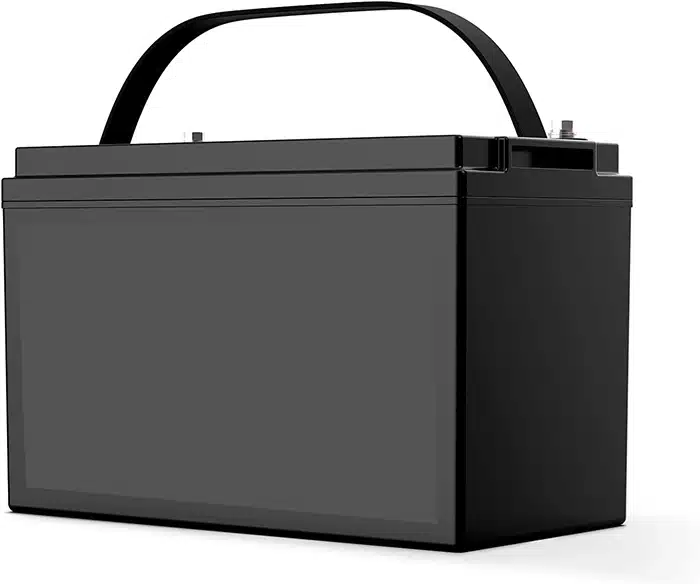
12.8V 105Ah LiFePo4 Battery
Nominal voltage: 12.8V
Nominal capacity: 105Ah
Rated energy: 1344Wh
Recommend charge current: ≤52.5A
Max charge current: 105A
Internal resistance: ≤25mΩ
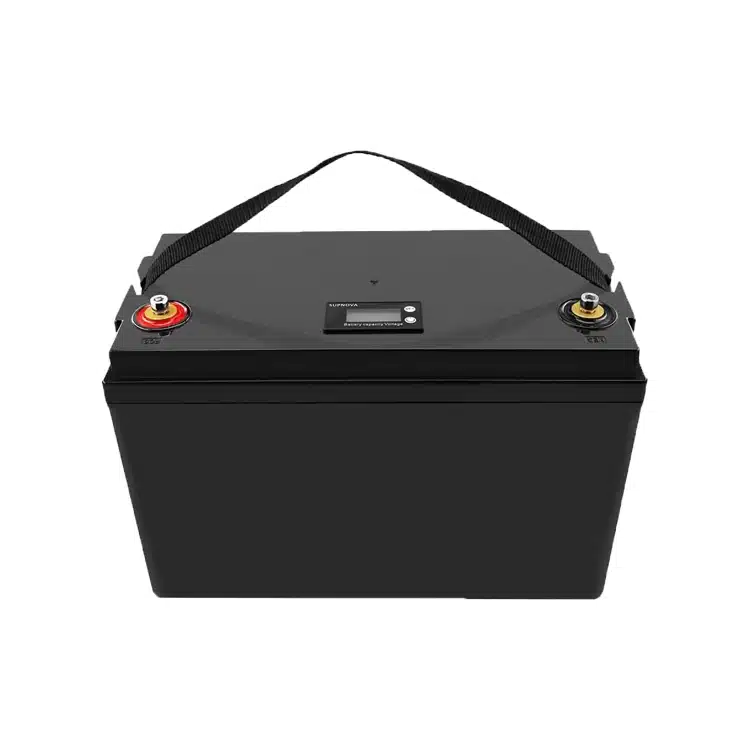
12.8V 120Ah LiFePo4 Battery
Nominal voltage: 12.8V
Nominal capacity: 120Ah
Rated energy: 1536Wh
Recommend charge current: ≤60A
Max charge current: 120A
Internal resistance: ≤25mΩ
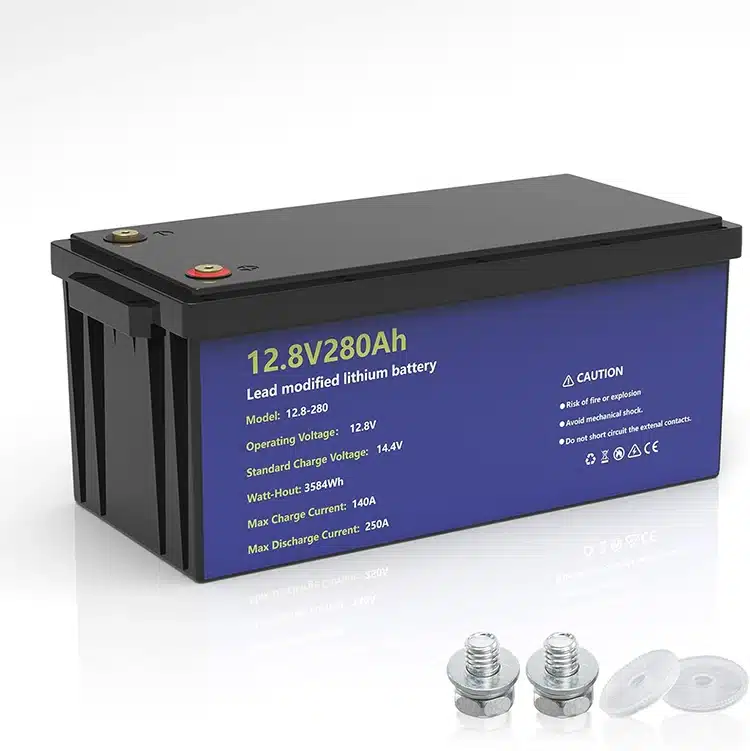
12.8V 280Ah LiFePo4 Battery
Nominal voltage: 12.8V
Nominal capacity: 280Ah
Rated energy: 3360Wh
Recommend charge current: ≤140A
Max charge current: 140A
Internal resistance: ≤25mΩ
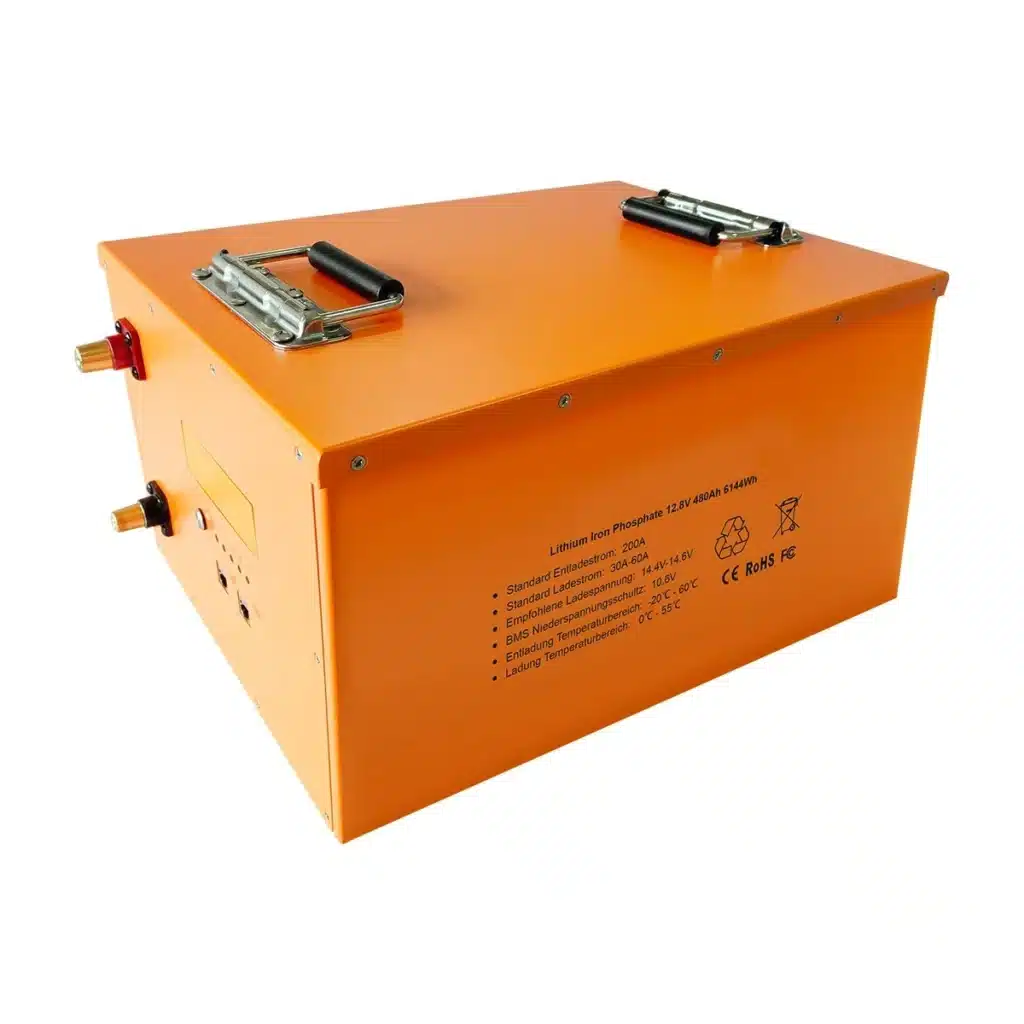
12.8V 460Ah LiFePo4 Battery
Nominal voltage: 12.8V
Nominal capacity: 460Ah
Rated energy: 5888Wh
Recommend charge current: ≤92A
Max charge current: 250A
Internal resistance: ≤25mΩ
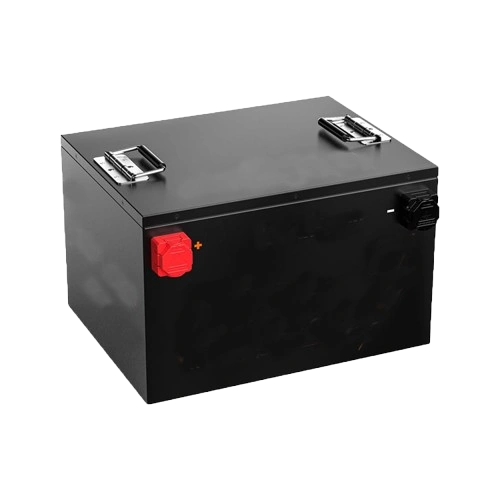
12.8V 560Ah LiFePo4 Battery
Nominal voltage: 12.8V
Nominal capacity: 560Ah
Rated energy: 7168Wh
Recommend charge current: ≤112A
Max charge current: 250A
Internal resistance: ≤25mΩ
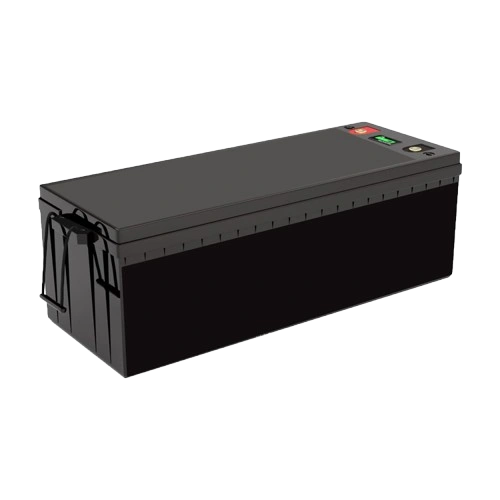
12.8V 600Ah LiFePo4 Battery
Nominal voltage: 12.8V
Nominal capacity: 600Ah
Rated energy: 7.68kWh
Recommend charge current: ≤120A
Max charge current: 250A
Internal resistance: ≤25mΩ

Benefits of 12 volt lawn mower battery
While 12-volt batteries are commonly found in riding lawn mowers, many modern cordless push mowers opt for higher voltage lithium-ion batteries (such as 36V or 40V) to boost performance and runtime. Here are the advantages of choosing a 12V lithium battery:
- Reliability and Low Maintenance: 12V batteries are known for their reliability and require minimal maintenance, making them a popular choice, especially for riding mowers.
- Wide Availability: 12V batteries are similar to automotive batteries, and some are lithium replacements for lead-acid batteries.
- Cost-Effective: Compared to specialized or higher voltage batteries, 12V batteries are generally more affordable.
- Versatility: Due to the common voltage standard, 12V batteries can often be used interchangeably in various 12V devices.
- Sufficient Power: 12V batteries provide ample power to start the engine and power the basic electrical components of a riding mower.
- Eco-Friendly: Electric mowers using 12V batteries eliminate the need for gasoline, reducing air pollution.
- Quiet Operation: 12V battery-powered mowers produce less noise compared to gasoline-powered mowers.
- Efficient Power Delivery: Batteries provide a steady and efficient power supply during operation.
Lawn mower battery type comparison
The table on the right presents a comparison of the pros and cons of four types of mower batteries. Overall, lithium-ion batteries demonstrate superior performance but come at a higher cost. AGM and gel batteries are improved versions of lead-acid batteries, offering enhanced performance and lifespan. When selecting a battery, factors such as budget, frequency of use, and performance requirements should be considered. For frequent use, lithium-ion batteries may be the optimal choice.
Please feel free to inquire about your specific mower battery needs. We are happy to assist you with evaluation and pricing.
| Battery Type | Advantages | Disadvantages |
|---|---|---|
| Lead Acid Battery | Low cost, proven and dependable technology | Heavy weight, and needs routine upkeep |
| AGM Battery | Maintenance-free, more durable than traditional lead-acid batteries | Relatively heavy, and with a limited cycle life of approximately 500-800 cycles |
| GEL Battery | Maintenance-free, resistant to vibration and tilt | High cost, strict charging requirements, prone to overcharging |
| Lithium ion Battery | Lightweight, high energy density, long-lasting (6000+ cycles) | High initial cost and requires a dedicated charger |

Advantages for riding lawn mower batteries
Performance Advantages:
- Consistent power output during discharge
- Longer runtime compared to lead-acid batteries
- Faster charging – full charge in 3-6 hours
- Higher energy density and lighter weight
Maintenance Advantages:
- Maintenance-free operation
- No memory effect
- Longer lifespan – up to 6000+ cycles
Environmental Benefits:
- Zero emissions and no exhaust
- Quieter operation
- Recyclable or replaceable at end of life
Cost Savings:
- Lower long-term cost due to longer lifespan
- No fuel costs
- Reduced maintenance costs
Other Advantages:
- Lightweight design for easier handling
- Often compatible with multiple tools from the same brand
- Some models offer Bluetooth monitoring
When Should I Replace My Lawn Mower Battery
Signs it’s time to replace your mower battery:
- Difficulty starting: If your mower struggles to start or won’t start at all, the battery may be the culprit.
- Dimming headlights: Fading headlights during use can indicate a weak battery.
- Slow engine cranking: If the engine turns over slower than usual, the battery might be to blame.
- Battery leakage or corrosion: Leaking or corroded battery terminals signal a serious issue.
- Low battery voltage: A consistent voltage reading below 9V for a 12V lithium battery indicates a need for replacement.

FAQs for battery for lawn mower tractor
- Normal lifespan: Approximately 3-5 years, depending on usage, maintenance, and storage conditions.
- Battery lifespan: Can last up to 10 years. Lithium Iron Phosphate (LFP) batteries can achieve over 6000 cycles.
- Lead-acid batteries: Typically withstand a few hundred charge-discharge cycles, potentially more with proper maintenance.
- Capacity: The battery's capacity, measured in Ampere-hours (Ah), determines how much energy it can store. For most residential mowers, a 20-35 Ah battery is adequate. However, for larger or more powerful mowers, you might need a battery with a capacity ranging from 40 to 100 Ah.
- Cold Cranking Amps: The Cold Cranking Amps (CCA) rating indicates the battery's ability to deliver a high current for a short period, especially in cold temperatures. A CCA rating between 300 and 500 amps is generally recommended for mower batteries.
- Battery Chemistry: Lithium-ion batteries are increasingly popular for mowers due to their lightweight design and high energy density, making them more cost-effective in the long run.
- Physical Dimensions: The physical dimensions of the battery must match the dimensions of the battery compartment in your mower. Common battery sizes include U1 and U1R, but it's essential to verify the exact size required for your specific mower model.
- Check compatibility: Ensure the charger is compatible with your battery's voltage and type. Typically, the charging current is about 30% of the battery's capacity.
- Disconnect battery: Remove the battery from the mower or disconnect it from the mower's terminals.
- Connect charger: Connect the positive (red) terminal of the charger to the positive terminal of the battery and the negative (black) terminal to the negative terminal.
- Start charging: Plug in the charger and begin the charging process. A full charge usually takes around 6 hours.
- Monitor charging: Periodically check the charging progress. Most chargers have indicator lights.
- Disconnect charger: Once the battery is fully charged, unplug the charger and then disconnect it from the battery.
- Reinstall battery: Reinstall the fully charged battery into the mower.
- Safety First: Always turn off your mower and unplug it before working on it.
- Remove the Old Battery: Simply loosen the clips and disconnect the terminals.
- Install the New Battery: Place the new battery in the compartment and connect the terminals securely.
- Test It Out: Start your mower to ensure the new battery is working correctly.
Yes, most mower batteries are 12 volts. Here are some key points about mower battery voltages:
- Standard voltage: Most riding and large walk-behind mowers use 12-volt batteries. This is the industry standard.
- Battery type: Traditionally, these 12-volt batteries are lead-acid, but lithium-ion batteries are becoming increasingly popular, leading to a shift in many mowers.
- Smaller mowers: Some smaller electric mowers may use lower voltage batteries like 6 or 18 volts, but this is less common.
- Voltage range: While labeled as 12-volt, the actual voltage can fluctuate between 11.5 and 12.9 volts depending on the state of charge.
- Multiple battery systems: Some large commercial mowers may use multiple 12-volt batteries in series to provide a 24 or 36-volt system voltage.
